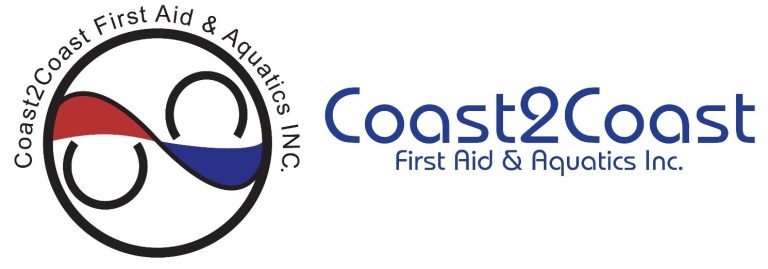Canadian Red Cross Basic Life Support (HCP) Courses in Kitchener
Kitchener Basic Life Support (HCP) Training is required by all professionals and students of healthcare. The training includes CPR and prepares students for fast-paced environments such as sudden emergencies, hospitals, and more.
The professionals requiring Basic Life Support training include nurses, healthcare assistants, paramedics, dentists, rescue workers, sports medicine professionals, firefighters, etc. During the course, they learn to recognize and confidently provide life-saving skills for anyone suffering cardiac arrest or respiratory distress.
Please allow our online booking application to load. If you are having trouble booking online,
please contact us at our Toll-Free: 866-291-9121.
Optional Basic Life Support Upgrades
Complete First Aid Training at a Discounted Rate!
Do you need both Basic Life Support and First Aid training? We offer these amazing courses separately! Complete your registration for Basic Life Support and earn a promo code which can be applied to your First Aid registration.
This promo code is part of our Bundle Discount and it provides students $20 off their second course registration. We understand that healthcare providers typically need certificate for both BLS and First Aid which is why we offer this amazing deal.
Once you finish registering for BLS, go ahead and register for your First Aid course in an Online Blended format by clicking here.
Airway Management & Oxygen Therapy (AMOT) Upgrade
BLS Certification and Recertification
Our Basic Life Support training is Canadian Red Cross certified, WSIB approved, and valid for one year. Kitchener Basic Life Support (HCP) is not re-certifiable, but candidates with valid certifications can do the full training at a discounted rate with us.
Kitchener Basic Life Support Course Content
Our in-class section of the course has a duration of four hours.
Vital topics covered in the course include:
- High-performance CPR
- Automatic External Defibrillator (AED)
- Six Rights of Medication
- Airway Management
- Trauma
- Hypothermia
- Anaphylaxis
- Opioid overdose
- Choking
- Post-cardiac arrest care
- Team communication
- Post-event debriefing
Airway Management & Oxygen Therapy (AMOT) is often an added requirement for some healthcare professionals, and you can register separately for select locations.
Frequently Asked Questions:
What is BLS training?
Basic Life Support (HCP) training is an intensive CPR training for healthcare and emergency professionals, teaching them to recognize and respond to cardiovascular emergencies. The Kitchener Basic Life Support (HCP) Training includes other life-saving skills as well, allowing trainees to save lives confidently.
Is BLS the same as CPR?
Basic Life Support training is an advanced level of CPR Level C training. CPR Level C is a general course for anyone wanting to assist in emergencies. First responders, nurses, dentists, firefighters, etc., take BLS courses to learn how to provide CPR in a healthcare environment.
How long is BLS training?
The Basic Life Support training is a four-hour-long in-class course. Once completed, participants must pass an examination on both the practical and theoretical coursework to receive their Basic Life Support certification.
What is the purpose of BLS
Basic Life Support’s purpose is to teach individuals to help save others experiencing cardiac arrest or respiratory distress. First-responders, healthcare providers, and other healthcare assistants take the course where they learn to provide high-performance CPR, the use of the AED, airway management, etc. Participants learn to offer assistance in any type of breathing emergencies in all age groups, including infants.
This course is designed to keep our healthcare workers confident in their life-saving skills.
Why is BLS so important?
The Red Cross Basic Life Support Training teaches professional healthcare workers life-saving techniques that ensure the best possible outcomes for patients.
Healthcare professionals play an important role in our lives. Doctors, nurses, etc. must have the proper skills to do their jobs. BLS training will provide them those skills, improving survival rates of patients.

